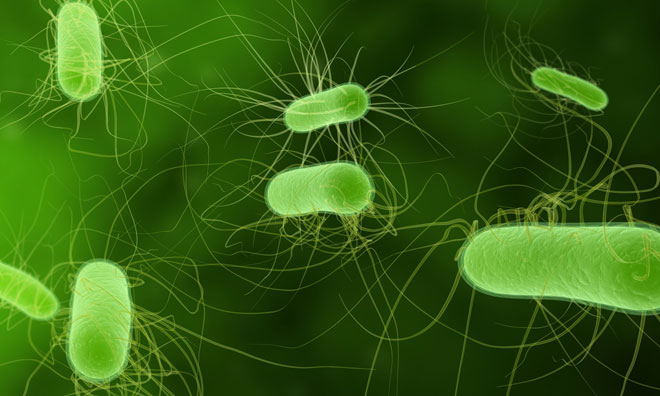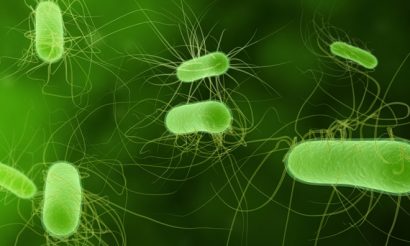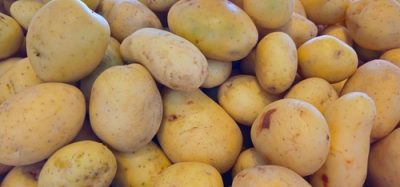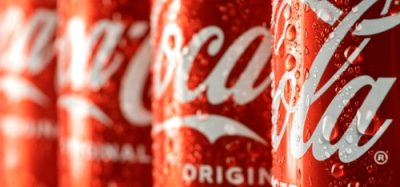Intertek supports clampdown on UK E. coli outbreaks
- Like
- Digg
- Del
- Tumblr
- VKontakte
- Buffer
- Love This
- Odnoklassniki
- Meneame
- Blogger
- Amazon
- Yahoo Mail
- Gmail
- AOL
- Newsvine
- HackerNews
- Evernote
- MySpace
- Mail.ru
- Viadeo
- Line
- Comments
- Yummly
- SMS
- Viber
- Telegram
- Subscribe
- Skype
- Facebook Messenger
- Kakao
- LiveJournal
- Yammer
- Edgar
- Fintel
- Mix
- Instapaper
- Copy Link
Posted: 14 September 2016 | New Food | No comments yet
Intertek is supporting the food industry by increasing capacity to offer faster E. coli and E. coli O157 testing from its UK laboratories…


Intertek, a leading Total Quality Assurance provider, is supporting the food industry by increasing capacity to offer faster E. coli and E. coli O157 testing from its UK laboratories.


Intertek has increased capacity at its laboratories to enable manufacturers and retailers, including supermarkets, to manage E. coli outbreaks, as well as test to prevent them to ensure their customers, products and brands are protected.
This summer has seen a number of scares around food-borne illnesses caused by pathogens or spoilage, which can have serious consequences for consumers and brands alike. To protect public health and comply with food safety regulations, testing for the presence of potentially harmful micro-organisms is crucial. While E. coli testing is more routine on many food items, Intertek has created additional capacity to ensure its experts can handle additional workload quickly and efficiently when required.
“It is vital that we can always provide fast, efficient and reliable microbiological testing to help manufacturers and retailers protect their customers from the serious illnesses caused by E.coli and other food-borne pathogens,” said Lynne Agrella, Intertek UK Food Manager.
Dellah Hickson, Pathogen Laboratory Manager noted: “We have a team of Intertek specialists on hand to carry out Microbiology testing for the full range of potentially harmful food-borne micro-organisms, including pathogens like E.coli, E.coli O157, Campylobacter, Salmonella, and Listeria, along with spoilage organisms such as yeasts and moulds.”









